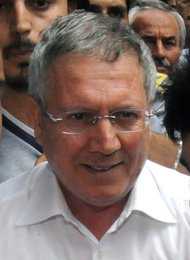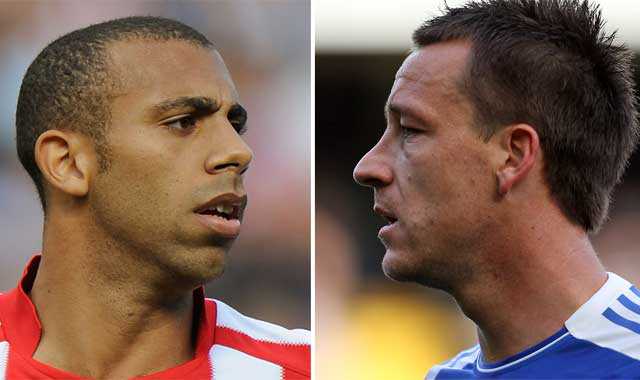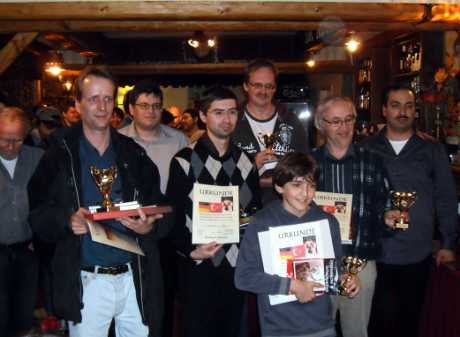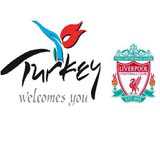By ANDREW FINKEL
ISTANBUL — “Welcome to hell!” was how Istanbul fans once greeted foreign soccer teams. But now it’s Turkey’s top team that finds itself in a small hell of its own making. Not only is a recent match-fixing scandal threatening the country’s premier league, but it has also forced the governing Justice and Development (AK) Party into scoring against itself. The party that was elected in 2002 as the new broom to sweep Turkey clean looks like it’s sweeping dirt under the carpet.

The trouble began in May after the final whistle in the final game last season, when the Istanbul club Fenerbahce snatched the Turkish league championship. The club it so narrowly beat to first place, Trabzon, accused it of match fixing. Prosecutors uncovered evidence said to implicate Fenerbahce’s chairman, Aziz Yildirim, an influential defense contractor who helped bankroll the team’s way to the top of the league. But the accusations didn’t stop there, and there are now scores of people being charged, including players from other teams and officials from the Turkish Football Federation.
This sits badly with Turkey’s die-hard soccer supporters, thousands of whom have taken to the streets supporting Fenerbahce “right or wrong.” The scandal is also a problem for the AK Party. Just as last soccer season was ending, it enacted tough new laws to tackle corruption in sports, apparently not imagining that the really popular big four soccer clubs might be affected. But with Yildirim in pretrial detention and facing a 12-year prison sentence, suddenly the whole league was in disarray. Fenerbahce is also Prime Minister Recep Tayyip Erdogan’s favorite club.
Parliament has shown real mettle in supporting the prosecution of Turkey’s old establishment on charges of fomenting coups and in ignoring saber-rattling from the military. But it buckled under pressure from the football lobby. Earlier this month, it passed a bill slashing sentences for crimes like match-fixing to three years. But this was too much for the Turkish president, Abdullah Gul, Erdogan’s old political comrade. Encouraged by some senior AK Party members of Parliament who thought the new legislation was too blatantly motivated by the desire to save the necks of the powerful few, he refused to sign it into law.
While recovering from major surgery, Erdogan took the time to insist that Parliament override the veto. Clearly he thought it wasn’t worth the political price to have his party jeered at, match after match, by irate fans. Though many AK Party MPs stayed away on principle, the measure received rare support from the opposition: if they showed clemency to soccer’s inner circle, perhaps the establishment old guard standing trial (including some opposition MPs) might receive some, too. Yildirim can comfort himself that he now faces a much reduced sentence and also that his team, despite the upheavals, is having a good season.
Less pleased is the religiously conservative press, for which taming the military and the former pro-secular elite is the highest priority. A columnist in Zaman newspaper, Huseyin Gulerce, saw in Parliament’s turnabout a sign that the AK Party is taking the wrong fork in the road to democratization.
The AK Party came to office out of nowhere in 2002, at a time when the Turkish public longed for an end to corruption — and Turkish soccer was on a roll. (The national team had just come third in the World Cup.) Turkey didn’t even qualify for 2010 World Cup or Euro 2012, and the AK Party is proving itself no less opportunistic than the parties it replaced.
Andrew Finkel has been a foreign correspondent in Istanbul for over 20 years, as well as a columnist for Turkish-language newspapers. His latest book, “Turkey: What Everyone Needs to Know,” will be published next year.
via The Not-So-Beautiful Game – NYTimes.com.






